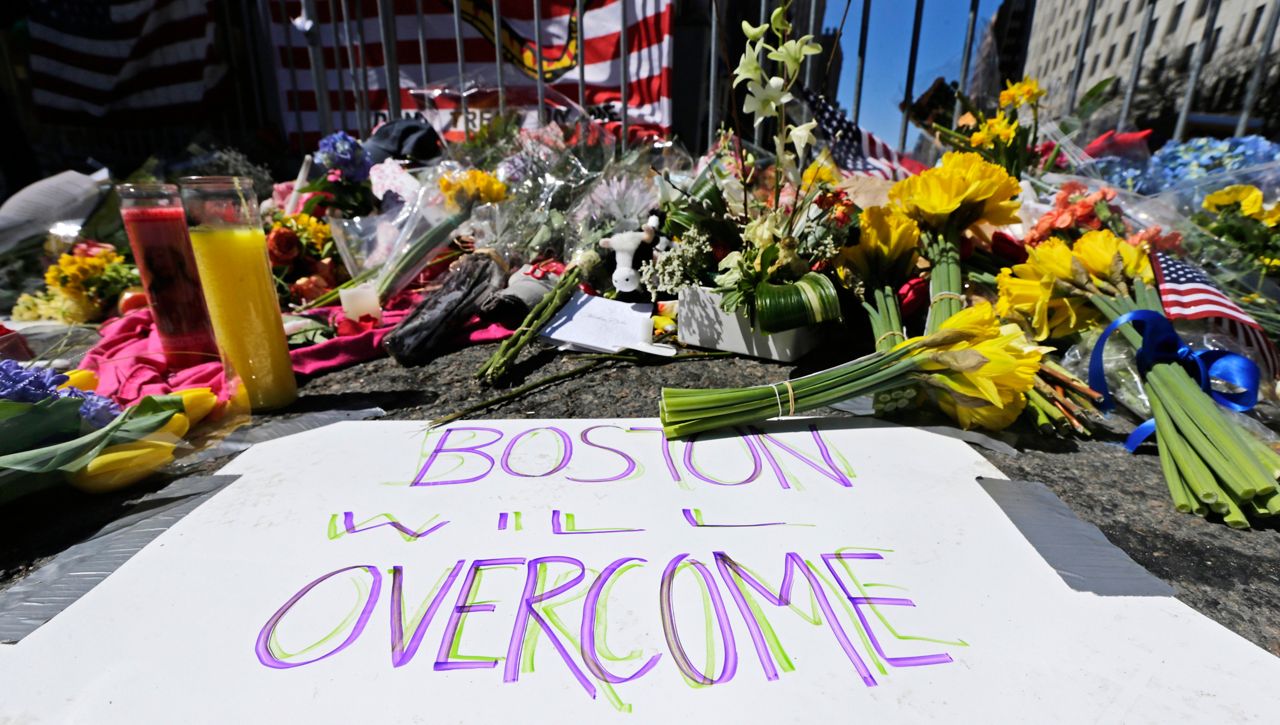The Supreme Court on Monday agreed to hear a case seeking to reinstate the death penalty for Dzhokhar Tsarnaev, the man convicted in the 2013 Boston Marathon bombing.
A federal appeals court in 2020 overturned his death sentence; a month later, then-Attorney General William Barr said that the Justice Department would seek to appeal the ruling.
“We will do whatever’s necessary,” Barr told The Associated Press at the time. “We will take it up to the Supreme Court and we will continue to pursue the death penalty.”
President Joe Biden has stated that he wants to end to the federal death penalty.
The April 15, 2013, attack killed three people and injured more than 260 others.
Tsarnaev’s lawyers had argued that intense media coverage had made it impossible to have a fair trial in Boston. They also pointed to social media posts from two jurors suggesting they harbored strong opinions even before the 2015 trial started.
Tsarnaev was convicted on 30 charges, including conspiracy and use of a weapon of mass destruction. He’s been serving his sentence in a high-security supermax prison in Colorado.
Tsarnaev’s lawyers acknowledged at the beginning of his trial that he and his older brother, Tamerlan Tsarnaev, set off the two bombs at the marathon finish line on April 15, 2013. But they argued that Dzhokar Tsarnaev is less culpable than his brother, who they said was the mastermind behind the attack.
Tamerlan Tsarnaev, 26, died following a gunfight with police and being run over by his brother as he fled. Police captured a bloodied and wounded Dzhokhar Tsarnaev hours later in the Boston suburb of Watertown, where he was hiding in a boat parked in a backyard.
Tsarnaev, now 27, was convicted of all 30 charges against him, including conspiracy and use of a weapon of mass destruction and the killing of a Massachusetts Institute of Technology police officer during the Tsarnaev brothers’ getaway attempt. The appeals court upheld all but a few of his convictions.
The Associated Press contributed to this report.



